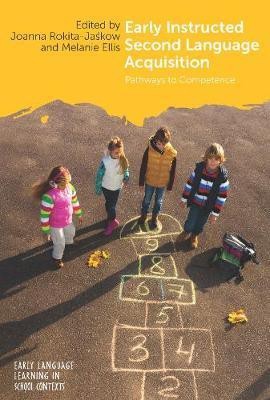Early Instructed Second Language Acquisition(English, Electronic book text, unknown)
Quick Overview
Product Price Comparison
This book provides a holistic overview of what leads to success in foreign language learning at an early age and deepens our understanding of early foreign language learning. The studies use an array of methodological approaches to research learners aged between three and ten, as well as their parents and teachers, in instructional, minimal-input settings. They describe various ways of organising and promoting very early foreign language learning, both through language policy and innovative pedagogy, and focus on ways of providing input for second language acquisition, which include oral classroom discourse strategies, as well as learner development of literacy skills. Special attention is given to the necessity to develop critical reading skills, the ability to handle multimodal texts, and attitudes, motivations and behaviours and how these may impact on the teaching and learning process. Chapters emphasise that ultimate outcomes depend on extra linguistic environmental factors, such as parental involvement and teacher competences. These include establishing control in the classroom, as well as using appropriate strategies for Negotiation of Meaning, and helping learners build positive self-concept. This book will be of interest to all professionals involved in the teaching of foreign languages to young learners, as well as to researchers, teacher educators and students working in this area.


